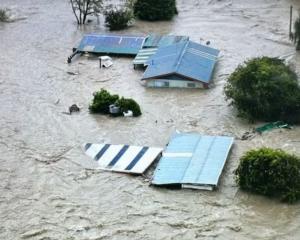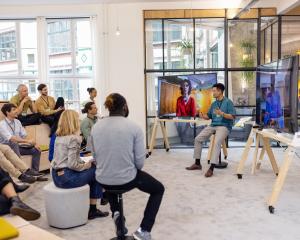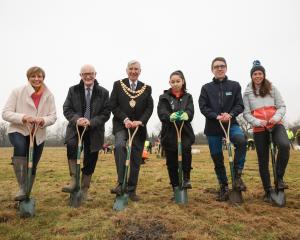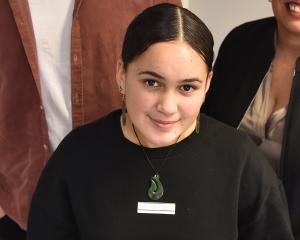
Four key areas are the focus of He Pou a Rangi the Climate Change Commission’s first package of advice for the Government.
They are land and agriculture, waste, transport and heat, industry and power.
The commission’s advice, initially in draft form, aims to outline ‘‘transformational and long lasting change to reach our emissions targets’’.
The targets are those set by the Government — net zero long-lived gases (e.g., CO2) by 2050 and reducing biogenic methane emissions by between 24% and 47% by 2050 — and the commission's job is to put the country on track to meet them by setting five-year emissions budgets. It is the task the commission was handed when it was set up under the Zero Carbon Act.
The commission notes that its advice is intended to speed up the change process to meet the Government targets as current policy and procedure will fall short.
The commission is now consulting on all aspects of its draft advice — contained in a 188 page report — and seeking feedback by March 14 before it provides the advice to the Government at the end of May.
There is much for business to think about, including around transport.
The commission has outlined a number of key changes to the transport system to put the country on track to meet our greenhouse gas reduction targets. These will create an almost completely decarbonised land transport system, based largely on electric-powered vehicles.
It suggests putting an end to the importation of light vehicles with internal combustion engines by 2032. The result would be that 40% of the light vehicle fleet would be electric by 2035.
In addition, the commission says:
Trucks are harder to electrify as they are heavier and tend to travel further. As such, the commission’s suggested targets are that by 2035 84% of medium-sized trucks imported will be electric and 69% of large trucks.
To stay inside the emissions budget, average household travel will need to be reduced 7% by 2030. This will be achieved through changing urban design, public and active transport and more flexible working arrangements.
Freight will need to be moved to road-rail options and coastal shipping. Some railway lines will need to be electrified to reduce emissions too.
Finally, the pathway also includes increasing the production of bio-fuels and synthetic fuels in Aotearoa with a target of 70 million litres by 2030 and 140 million litres by 2035. That is about 3% of total domestic liquid fuel demand in 2035.
As well as outlining the pathway strategies, the commission outlines systemic and structural policy support for the transition to a low-carbon economy. There are policy suggestions and incentives to reduce costs. For example, financial incentives could be offered to increase the uptake of light electric vehicles. Indeed, the commission says it wants to develop ‘‘strong stable and predictable policy’’ to allow businesses to plan.
What do businesses need to think about in the consultation document?
I think there are two key questions:
1. Do the commission’s policy suggestions adequately cover the implications of the transition described?
2. Does the advice account for your type of business? Is it fit for purpose for small and medium-sized enterprises or businesses that you work and engage with?
The transition to a low-carbon economy is coming. As a society we need to both mitigate the many impacts of climate change and adapt to them. To create a safe operating space for our future generations we need to reduce our emissions significantly.
It is important for the Government to realise that the targets will not be reached without the right policy mix, which means having the right incentives to change behaviour towards low-carbon alternatives. If not, unintended consequences might create significant issues for business and for meeting the emission targets.
Three things business can do immediately are, read the commission’s consultation document carefully, attend the road show in Dunedin and submit your thoughts to ensure we have the right policy landscape to create a low carbon, resilient, inclusive, and vibrant economy for Aotearoa’s future.
Hear more
A public forum will be held as part of the Climate Change Commission's consultation process on Monday, February 15 at 6pm in the Colquhoun Lecture Theatre (Dunedin Public Hospital) involving commission chair Dr Rodd Carr and commission members Dr Harry Clark and Dr Judy Lawrence, hosted by He Kaupapa Hononga: Otago’s Climate Change Research Network.












